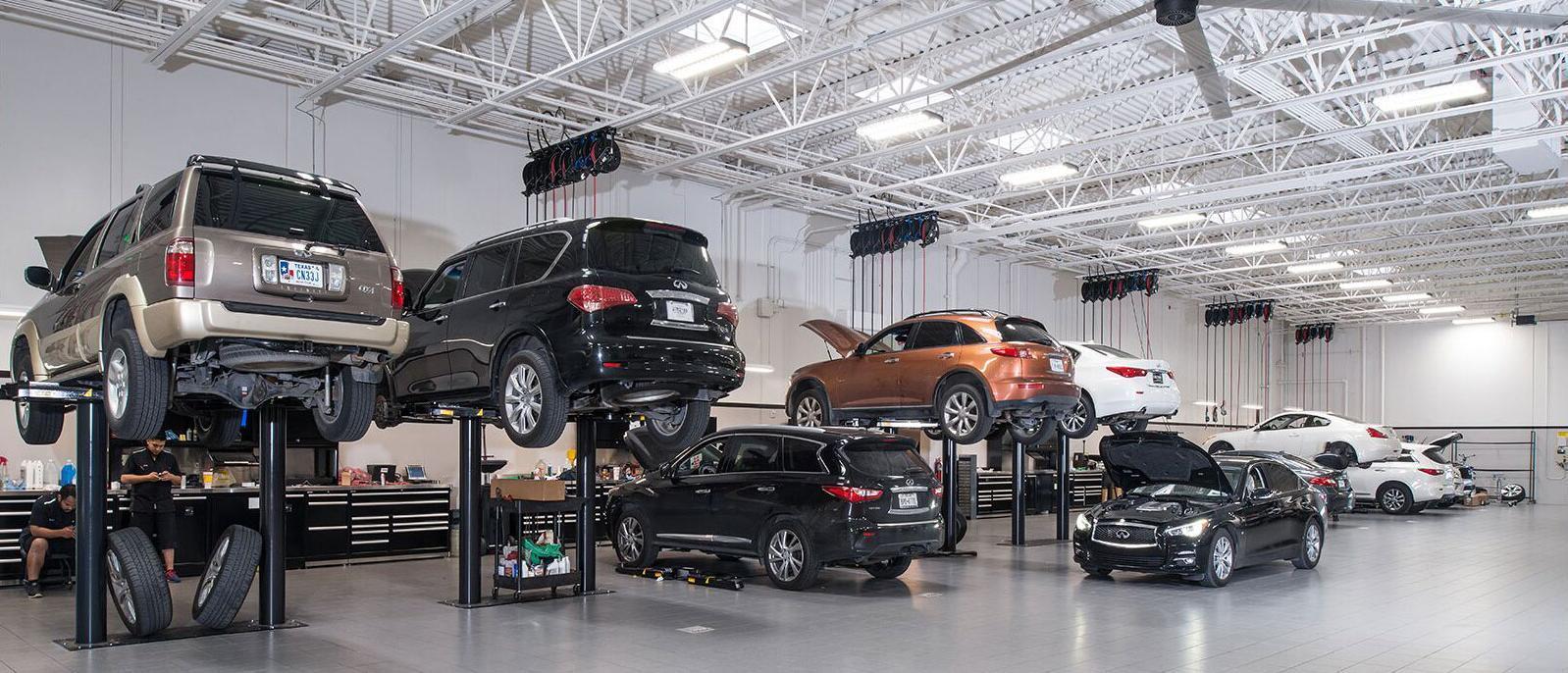All Categories
Featured
Accountable for integrating the turning of the crankshaft and camshaft, the timing belt ensures the engine's shutoffs open and close at the correct times throughout the burning process. If the timing belt falls short, it can result in extreme engine damages.
What Is a Timing Belt? The timing belt is a long, toothed rubber or composite belt that attaches the crankshaft to the camshaft(s) in an internal burning engine. Its job is to keep the engine's valves and pistons in sync, making certain the engine runs successfully. The timing belt also manages other important engine features like the water pump and the power steering pump, relying on the vehicle.
![]()
Without the proper timing, the engine's valves and pistons can collide, causing pricey and extensive damages. As a result, changing the timing belt on time is just one of the finest means to guarantee your engine operates at its finest and stop pricey repair work.
Why Timing Belt Replacement Matters. Stopping Catastrophic Engine Damage: The most considerable risk of not changing a used timing belt is engine failing. Changing the timing belt at the recommended intervals is the finest method to avoid such devastating damage, saving you from the anxiety and high cost of engine repair work or replacement.
![]()
Preserving Engine Efficiency: A timing belt that remains in excellent problem ensures that all engine components function in perfect consistency. If the timing belt is worn or extended, it can create the engine to lose power, experience rough idling, or battle to start. By changing the timing belt routinely, you can keep your engine going for peak efficiency, which assists preserve ideal gas economy and efficiency.
Staying Clear Of Unexpected Breakdowns: A broken timing belt can trigger your engine to quit quickly, potentially leaving you stranded in the middle of a journey. By replacing your timing belt promptly, you reduce the danger of abrupt breakdowns that could leave you in a troublesome or harmful circumstance. Normal upkeep reduces the chances of experiencing these sort of disturbances, assisting you remain on the road longer without stressing over your engine stopping working.
Economical Maintenance: Timing belt substitute is much less costly than fixing or replacing an engine that's been damaged due to a timing belt failure. While the price of changing the timing belt might differ depending upon your vehicle and its place, it is much a lot more affordable than the expenses connected with significant engine repair services or replacements. Replacing your timing belt at the recommended intervals can conserve you a considerable quantity of money over the long term by stopping damages to your engine.
When Should You Replace Your Timing Belt? The timing belt doesn't last permanently, and most producers recommend changing it in between 60,000 and 100,000 miles. The specific timing depends on your car's make, version, and driving conditions, so it's necessary to inspect your owner's guidebook for specific assistance.
Indicators that your timing belt may require attention consist of uncommon engine sounds (such as a shrill whining or ticking sound), difficulty beginning the engine, or a reduction in engine efficiency. If you observe any one of these indicators, it's critical to have the timing belt evaluated by a professional auto mechanic.
![]()
Conclusion. The timing belt is a small yet essential part of your engine, and regular substitute is key to keeping your lorry's performance and stopping expensive damages. By remaining on top of timing belt maintenance, you'll guarantee your engine runs successfully, avoid unforeseen malfunctions, and shield your auto from major fixings. Keep an eye on your lorry's suggested timing belt replacement schedule, and always consult with a relied on mechanic to keep your engine running smoothly for several years ahead.
What Is a Timing Belt? The timing belt is a long, toothed rubber or composite belt that attaches the crankshaft to the camshaft(s) in an internal burning engine. Its job is to keep the engine's valves and pistons in sync, making certain the engine runs successfully. The timing belt also manages other important engine features like the water pump and the power steering pump, relying on the vehicle.

Without the proper timing, the engine's valves and pistons can collide, causing pricey and extensive damages. As a result, changing the timing belt on time is just one of the finest means to guarantee your engine operates at its finest and stop pricey repair work.
Why Timing Belt Replacement Matters. Stopping Catastrophic Engine Damage: The most considerable risk of not changing a used timing belt is engine failing. Changing the timing belt at the recommended intervals is the finest method to avoid such devastating damage, saving you from the anxiety and high cost of engine repair work or replacement.

Preserving Engine Efficiency: A timing belt that remains in excellent problem ensures that all engine components function in perfect consistency. If the timing belt is worn or extended, it can create the engine to lose power, experience rough idling, or battle to start. By changing the timing belt routinely, you can keep your engine going for peak efficiency, which assists preserve ideal gas economy and efficiency.
Staying Clear Of Unexpected Breakdowns: A broken timing belt can trigger your engine to quit quickly, potentially leaving you stranded in the middle of a journey. By replacing your timing belt promptly, you reduce the danger of abrupt breakdowns that could leave you in a troublesome or harmful circumstance. Normal upkeep reduces the chances of experiencing these sort of disturbances, assisting you remain on the road longer without stressing over your engine stopping working.
Economical Maintenance: Timing belt substitute is much less costly than fixing or replacing an engine that's been damaged due to a timing belt failure. While the price of changing the timing belt might differ depending upon your vehicle and its place, it is much a lot more affordable than the expenses connected with significant engine repair services or replacements. Replacing your timing belt at the recommended intervals can conserve you a considerable quantity of money over the long term by stopping damages to your engine.
When Should You Replace Your Timing Belt? The timing belt doesn't last permanently, and most producers recommend changing it in between 60,000 and 100,000 miles. The specific timing depends on your car's make, version, and driving conditions, so it's necessary to inspect your owner's guidebook for specific assistance.
Indicators that your timing belt may require attention consist of uncommon engine sounds (such as a shrill whining or ticking sound), difficulty beginning the engine, or a reduction in engine efficiency. If you observe any one of these indicators, it's critical to have the timing belt evaluated by a professional auto mechanic.

Conclusion. The timing belt is a small yet essential part of your engine, and regular substitute is key to keeping your lorry's performance and stopping expensive damages. By remaining on top of timing belt maintenance, you'll guarantee your engine runs successfully, avoid unforeseen malfunctions, and shield your auto from major fixings. Keep an eye on your lorry's suggested timing belt replacement schedule, and always consult with a relied on mechanic to keep your engine running smoothly for several years ahead.
Latest Posts
Why Metro Detroit Homeowners Trust Fund Bath Fitter permanently
Published Apr 25, 25
1 min read
Style and Performance Combined
Published Apr 25, 25
1 min read
Make Your Dream Fencing a Reality with Easy Funding
Published Apr 25, 25
1 min read